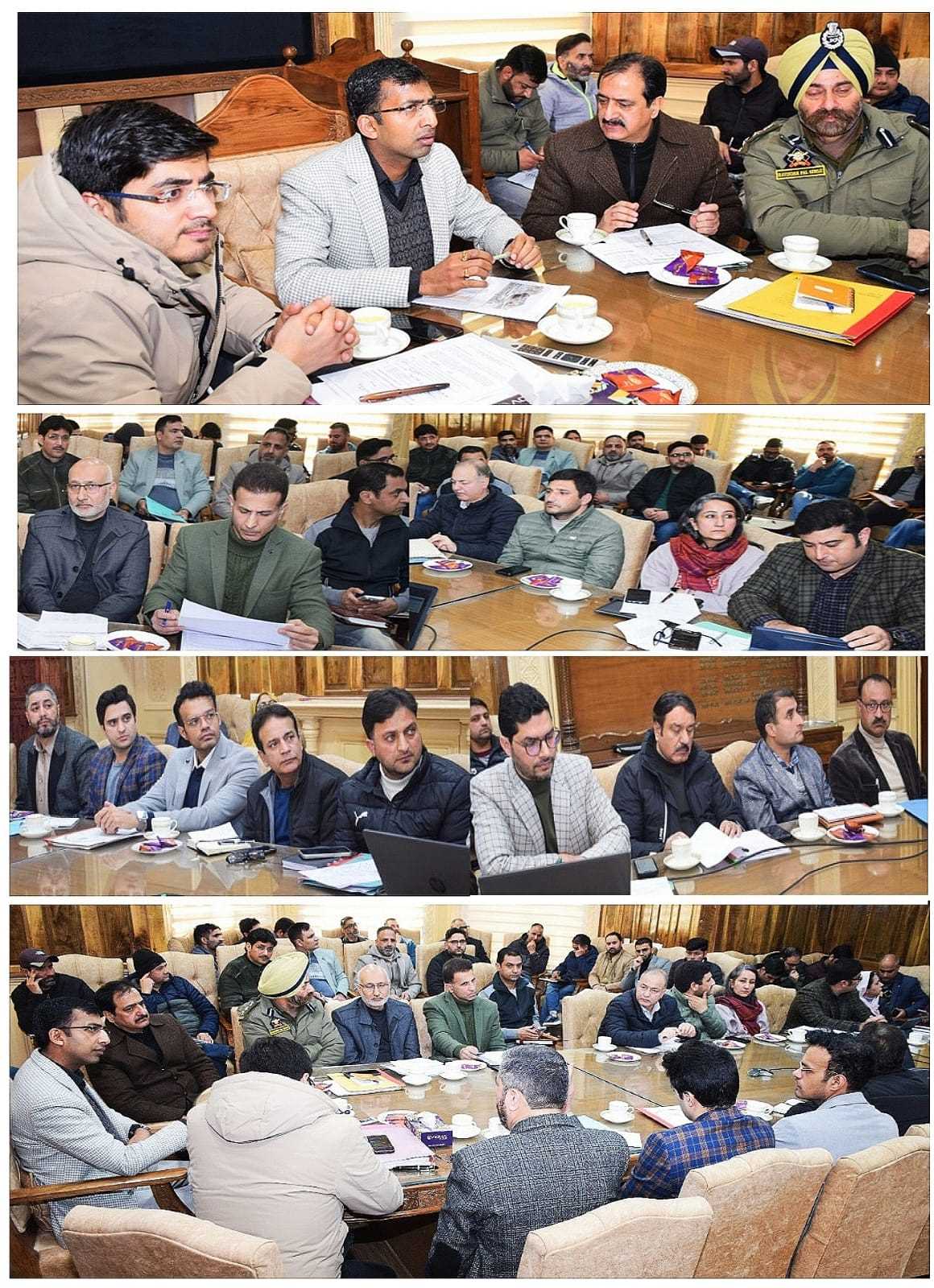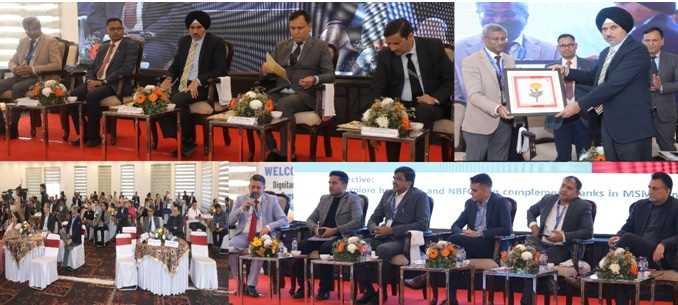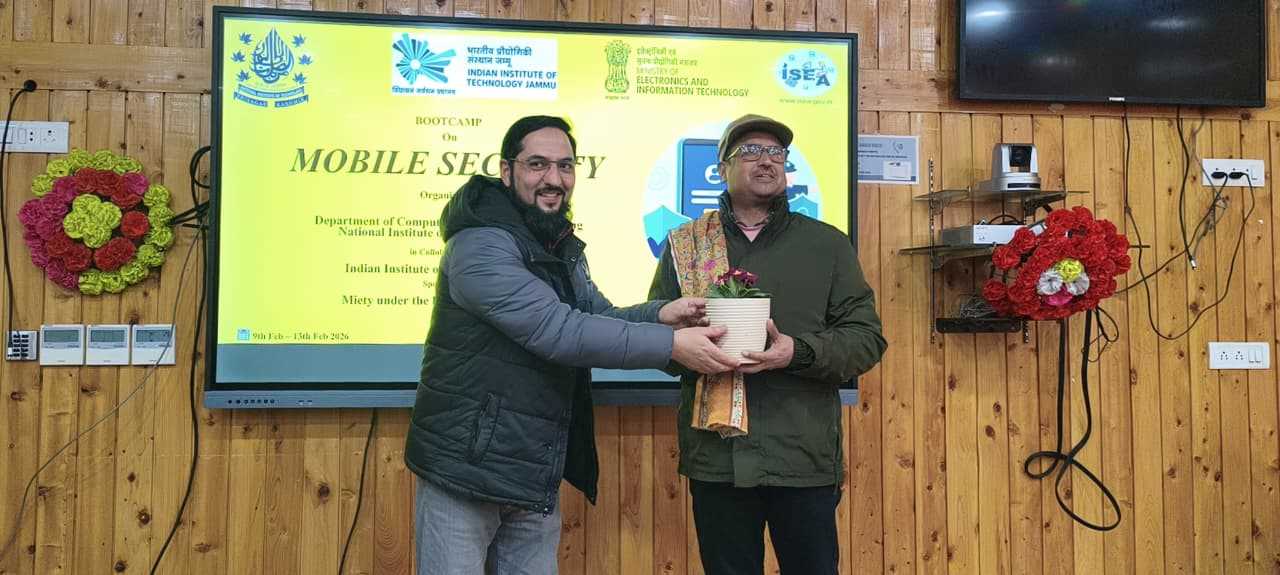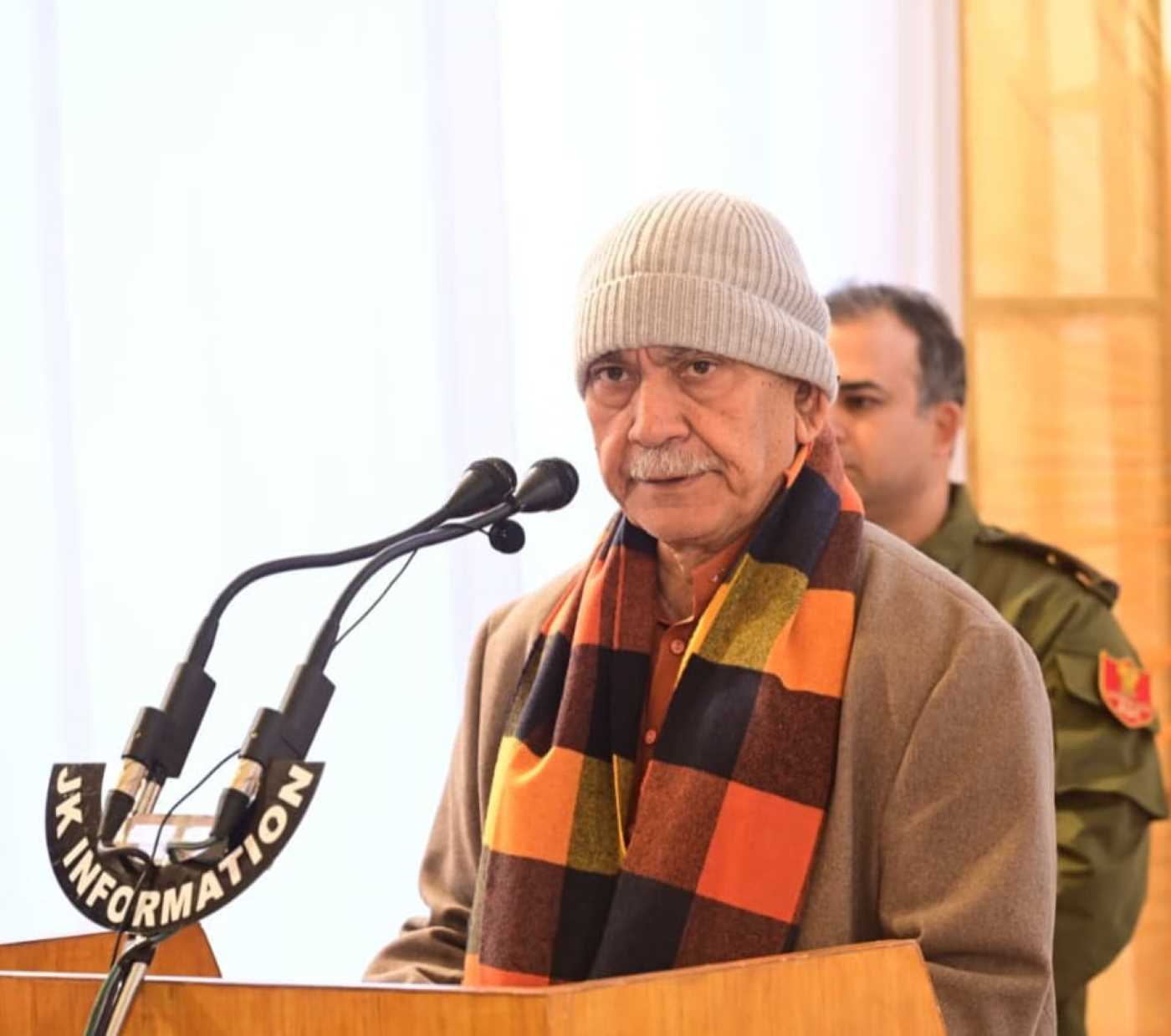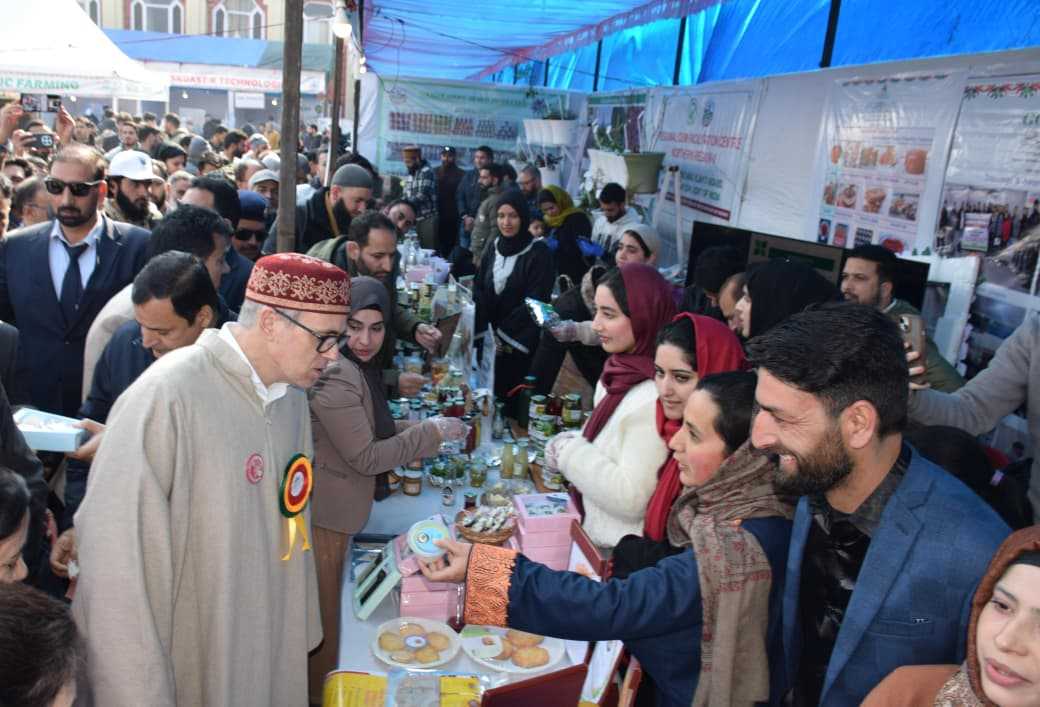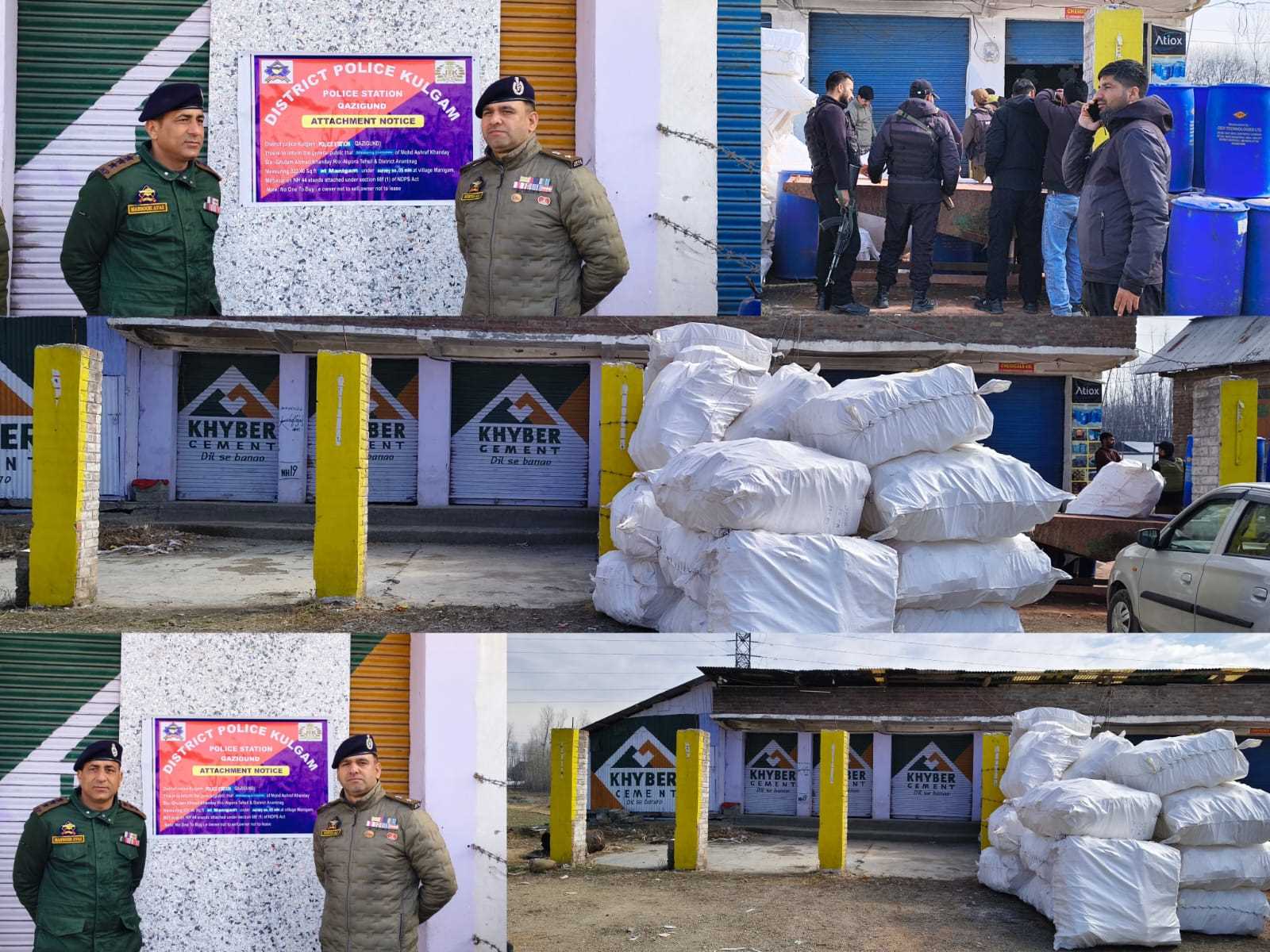In his famous work The Clash of Civilizations, Samuel Huntington posits that the primary sources of conflict in the 21st century will be cultural, particularly between different civilizations. While not denying the possibility of nation-state conflicts, Huntington suggests that even such disputes often follow deeper civilizational fault lines. He further argues that civilizations with leading or “core” states—like the United States in the Western world, China in the Sinic world, and India in the Hindu world—are better equipped to lead, protect, and project power. In contrast, civilizations lacking a central, cohesive power—like the Islamic world—are more vulnerable and fragmented.
This framework helps explain the paralysis observed in the Muslim world during the ongoing crisis in Gaza. As thousands of Palestinians are killed and over a hundred thousand suffer brutal injuries due to Israel's war against Hamas, the collective Muslim response has largely been limited to rhetorical condemnation. In practical terms, the Islamic world remains a helpless spectator.
This humanitarian catastrophe has triggered widespread reflection among Muslims globally. Questions about the global standing of the Ummah and the role of powerful Muslim nations like Saudi Arabia, Türkiye, and Pakistan are more urgent than ever. I have personally engaged with scholars and analysts—both in the Valley and beyond—to seek deeper insight into this question of Muslim weakness and what might constitute meaningful remedies. One dominant proposal has been the formation of a cohesive bloc of strong Muslim states. Others highlight Türkiye's rising profile and suggest it could assume a leadership role. In this article, I explore pathways through which sincere Muslim leadership might transform the current condition of helplessness into one of dignity, unity, and global relevance.
Formation of a Muslim Bloc with Economic and Military Strength
The idea of forming a pan-Islamic union, like the European Union or NATO, is certainly appealing, but faces steep challenges. Unlike Europe, the Muslim world is geographically dispersed across Asia, Africa, and the Middle East, with diverse political systems and often weak democratic institutions. These structural differences make integration difficult.
However, this doesn’t rule out the creation of a functional bloc composed of select, strategically positioned and economically capable Muslim nations. Countries like Türkiye, Saudi Arabia, Pakistan, Iran, Indonesia, and Azerbaijan could unite around shared economic and security interests to form a formidable coalition. Such a group, while smaller in scope than the EU or NATO, could pool resources, coordinate foreign policy, and present a united front on major geopolitical issues affecting the Ummah.
Türkiye’s recent initiatives in this direction are encouraging. Saudi Arabia, with its financial and religious capital, can also play a leading role. The collective military strength, economic resources, and diplomatic networks of these nations could provide the scaffolding for a new era of Muslim cooperation.
Acting as Leading or Core States
While multiple Muslim-majority countries possess potential, only a few exhibit the comprehensive capabilities required to become core states in Huntington’s sense. Among them, Türkiye and Saudi Arabia stand out.
Saudi Arabia, with its immense oil wealth and control over the two holiest Islamic sites, already holds soft power and religious authority. Its leadership in the Organization of Islamic Cooperation (OIC), massive investment in defense modernization, and strategic leverage through energy diplomacy provide a strong foundation for leadership. The kingdom can also use platforms like Hajj and Umrah not just for religious unity, but for intellectual and moral revival by guiding global Muslims towards Quranic and Prophetic principles.
Türkiye holds a unique position, both geographically and historically. It bridges Europe and Asia and inherits the legacy of the Ottoman Empire—a once-great Islamic civilization. Today, Türkiye has made significant strides in economic development, military modernization, humanitarian outreach, and cultural diplomacy. Turkish media, disaster relief efforts, and its firm stances on international Muslim issues have all contributed to its soft power appeal.
Samuel Huntington recognized Türkiye as the “core state” of the Islamic civilization. Poet-philosopher Allama Iqbal, too, believed in its unique potential, famously writing in The Reconstruction of Religious Thought in Islam:
“The truth is that among the Muslim nations of today, Türkiye alone has shaken off its dogmatic slumber and attained self-consciousness.”
If Türkiye continues to harness reason, science, religion, and strategic foresight, it may indeed guide the Ummah through its current crisis.
Conclusion
The situation in Gaza is a painful reminder of the Muslim world’s fractured political will and absence of unified leadership. Yet it also presents an opportunity—a call to reassess, reorganize, and reimagine what a united Ummah could achieve. Strong nations like Türkiye and Saudi Arabia must rise not just for national interest but for a larger vision of Islamic solidarity, justice, and self-reliance.
The road to unity is not easy. But by forming strategic blocs, investing in shared economic and defense frameworks, and nurturing visionary leadership, the Muslim world can aspire once again to be a powerful force for peace, dignity, and progress.
Email:---------------------------- lonefarooqahmad80@gmail.com



